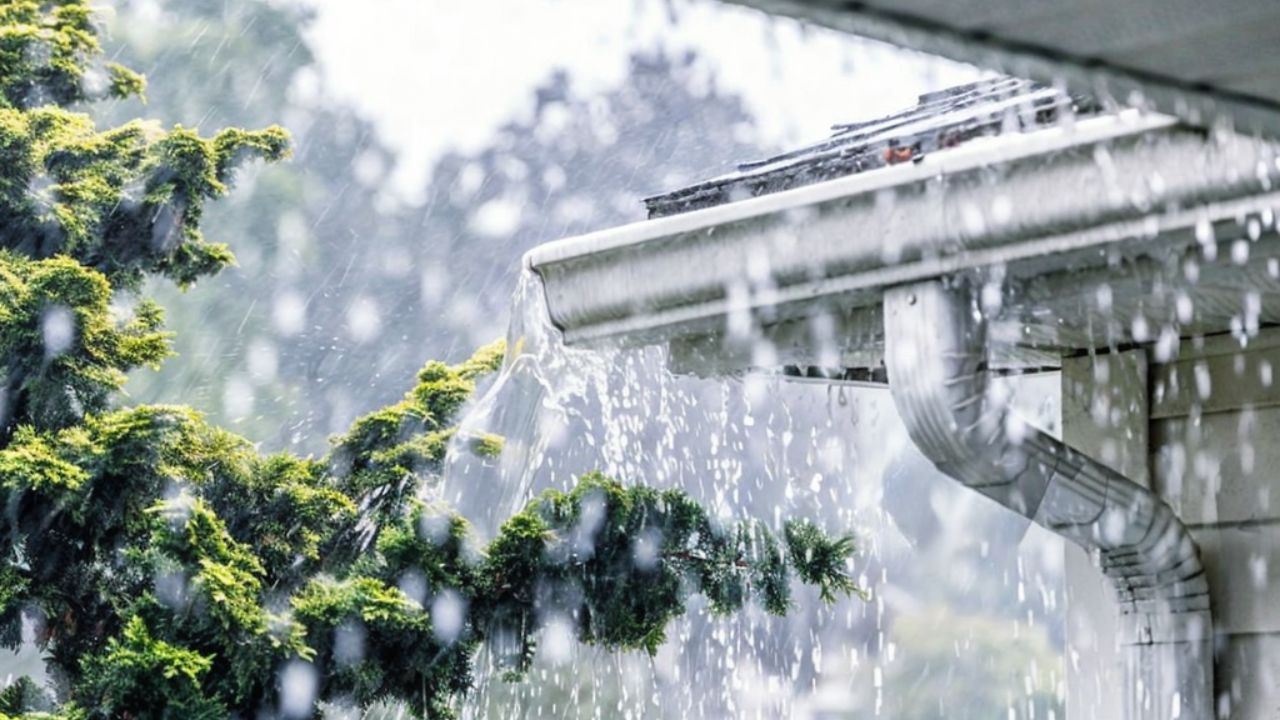7 Mistakes You Make Every Year Before the First Storm
Every year, the first big storm seems to catch people off guard. You know it’s coming—you see the forecasts, hear the alerts—but somehow, small things get skipped or pushed off until it’s too late. By the time the wind’s howling or snow’s falling, it’s obvious what should’ve been done days earlier.
The truth is, a few overlooked habits can turn a storm from a minor inconvenience into a major problem. Avoiding these mistakes saves stress, money, and cleanup later.
Forgetting to Clear the Gutters
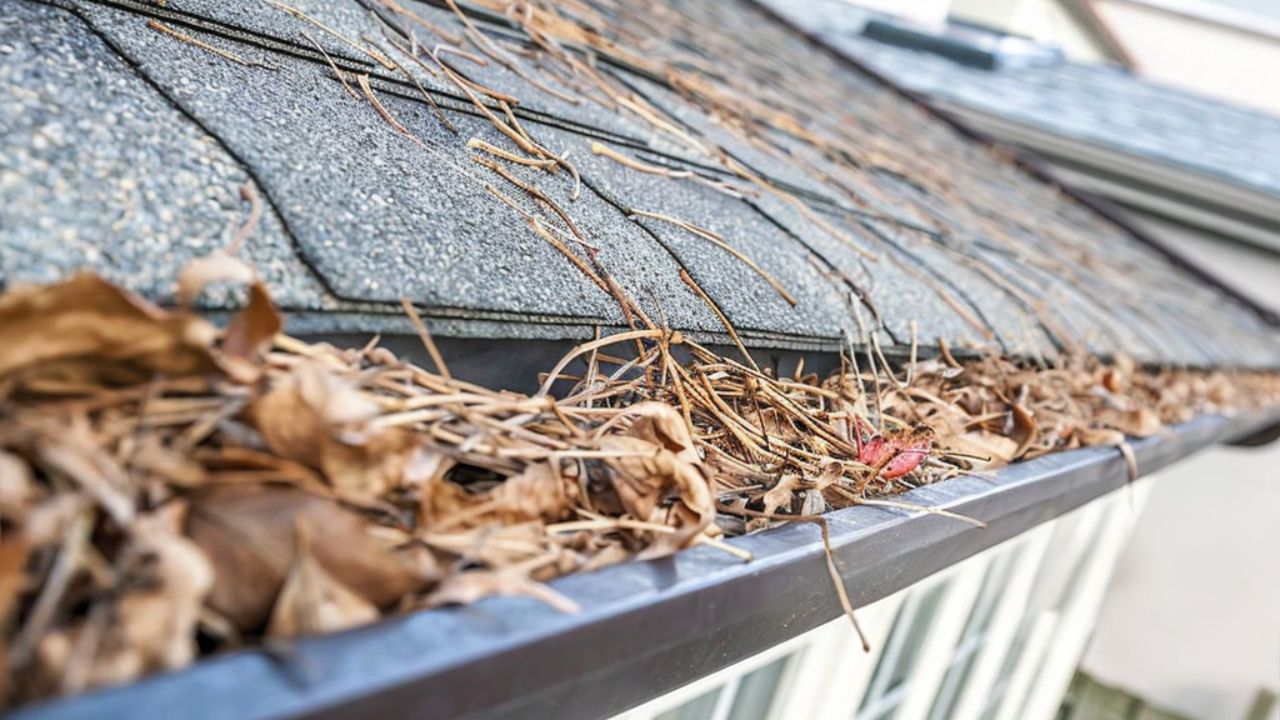
Clogged gutters can’t handle heavy rain or melting snow. When they overflow, water runs down siding, seeps into basements, and freezes into damaging ice dams.
Before the storm hits, make sure the gutters and downspouts are clear and draining away from your house. It’s one of the fastest, cheapest ways to prevent costly water damage.
Ignoring Low-Hanging Branches

Branches hanging over your driveway or roof might not seem like a problem until ice or heavy wind brings them down. One broken limb can dent a car or punch through shingles.
Trim them back before the storm season starts. It’s a quick job that keeps your roof, windows, and power lines safe once the weather turns rough.
Skipping a Roof Check
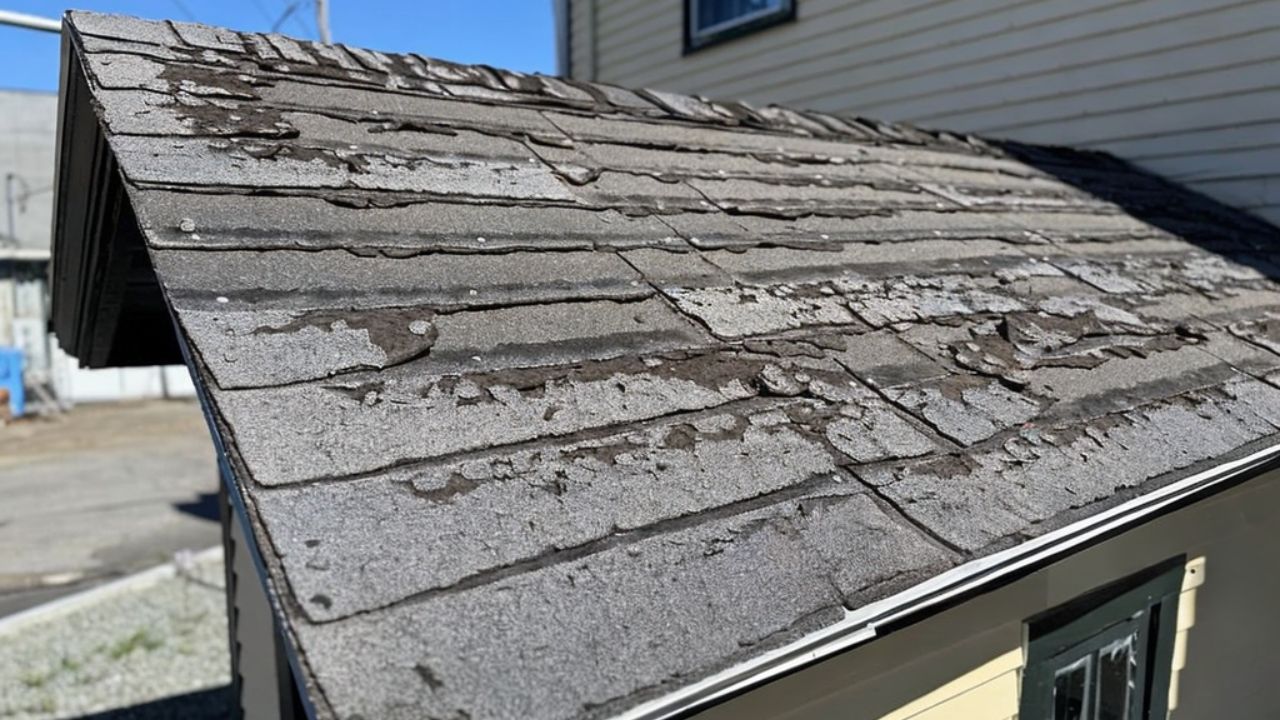
Small cracks, missing shingles, or loose flashing can turn into big leaks under heavy rain or snow. Many homeowners don’t notice problems until water’s dripping inside.
Walk around your home and look for visible damage or call in a roofer if you’re unsure. Catching weak spots now keeps you from scrambling for tarps mid-storm.
Not Checking the Sump Pump
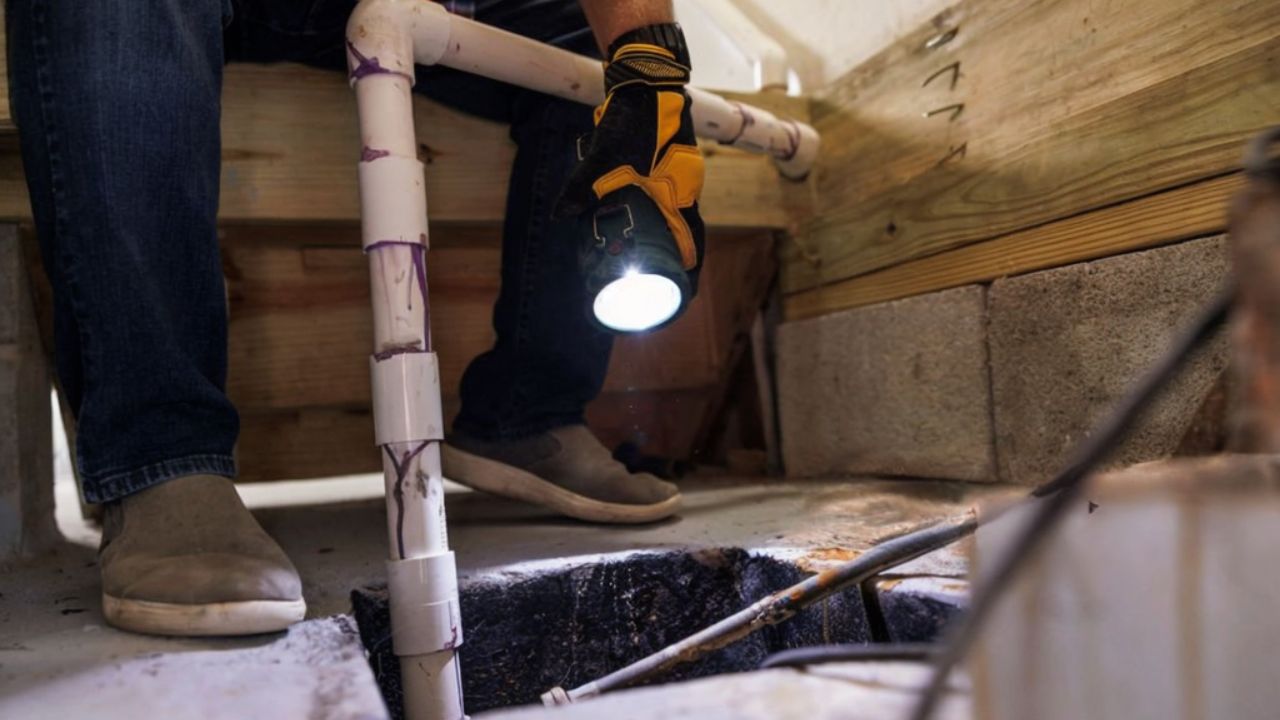
If your home has a sump pump, it’s only useful if it actually works. Storms that dump inches of rain can overwhelm a weak or clogged unit fast.
Test it before the weather shifts. Pour water into the pit and make sure it kicks on and drains properly. It’s an easy step that can save you from a flooded basement.
Forgetting to Restock Supplies

When the forecast turns bad, stores run out of essentials fast. Waiting until the last minute usually means empty shelves and overpriced leftovers.
Keep basic supplies on hand—batteries, bottled water, flashlights, and a few pantry staples. You’ll feel calmer when everyone else is rushing to grab the last pack of candles.
Ignoring Vehicle Prep
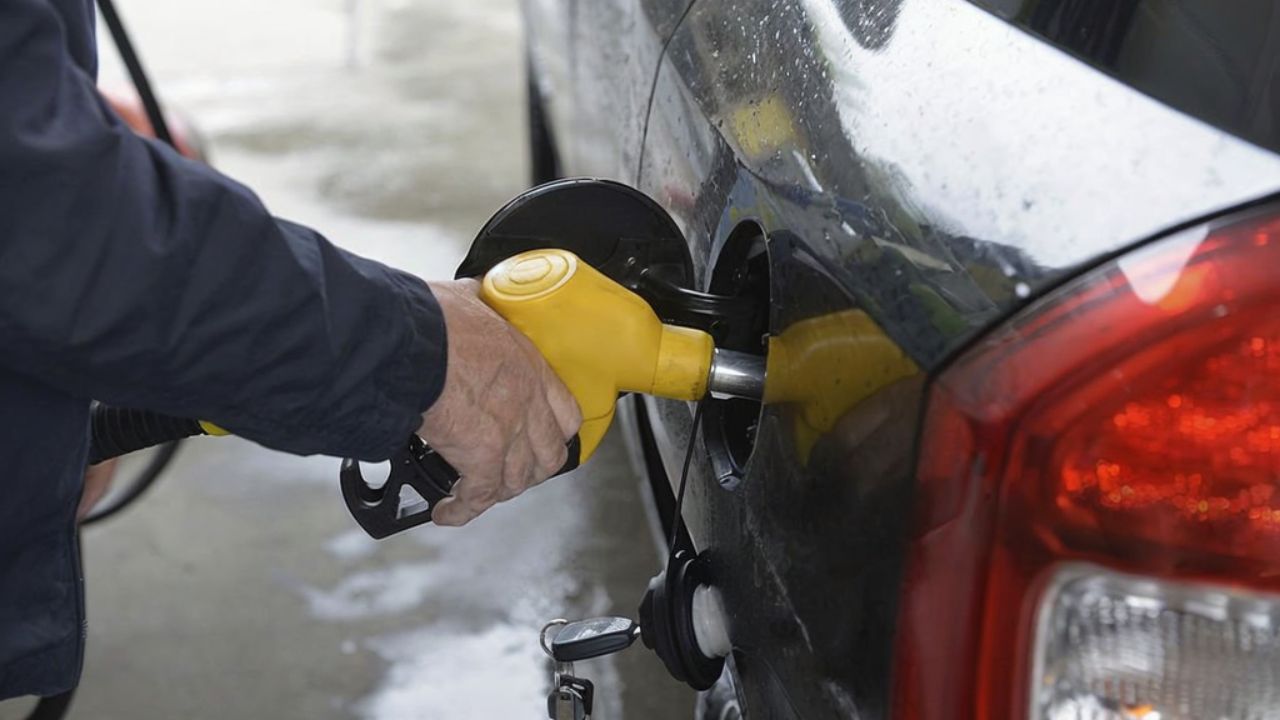
Storms don’t only hit your house. Low fuel, worn wipers, or bald tires can leave you stranded if roads turn slick or power outages close gas stations.
Keep your tank at least half full and double-check your car emergency kit. It’s easier to top off now than deal with frozen locks or an empty tank later.
Forgetting to Anchor Outdoor Items
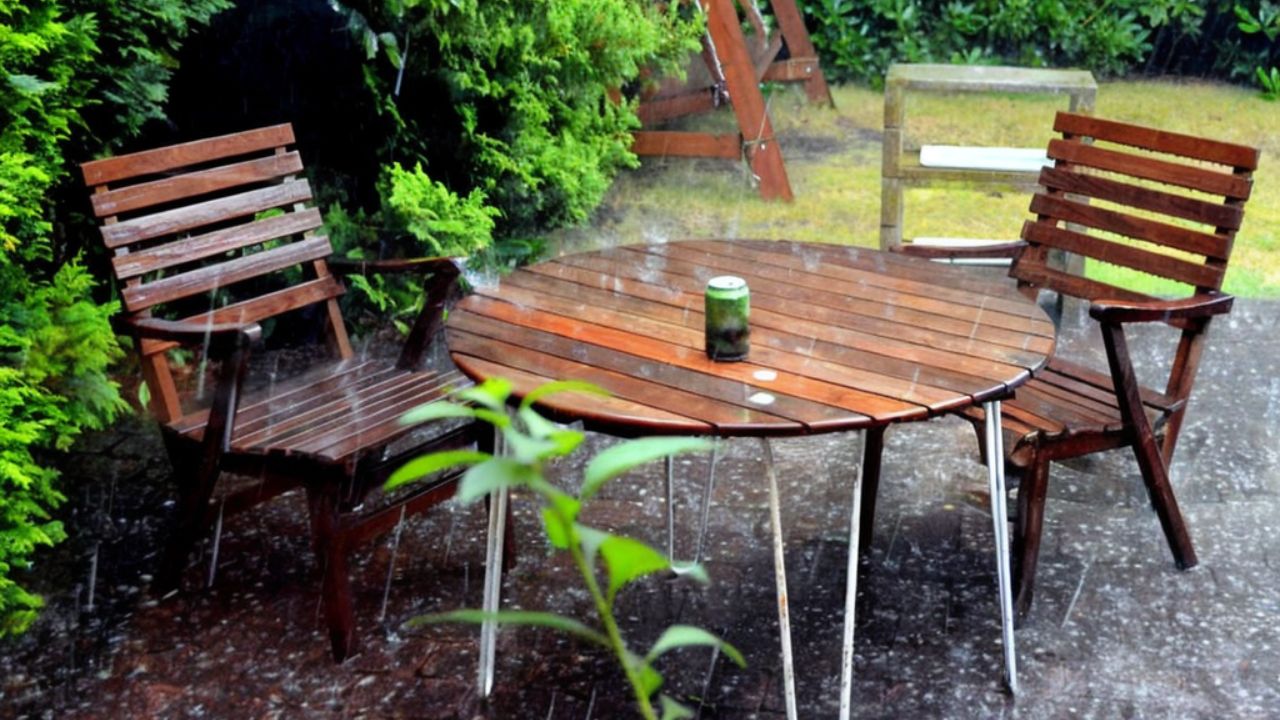
Patio furniture, planters, and even garbage cans can become dangerous projectiles in high wind. Every year, people underestimate how fast things can move once gusts pick up.
Bring smaller items inside and secure the heavier ones. It takes minutes and prevents damage—not just to your stuff, but to your neighbors’ too.
*This article was developed with AI-powered tools and has been carefully reviewed by our editors.

